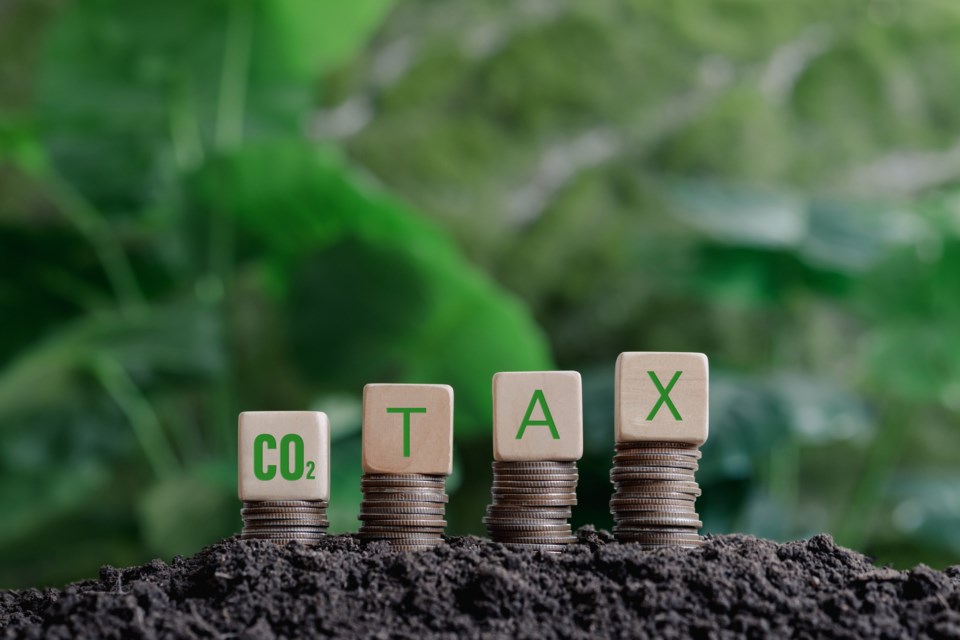Public opinion is shifting fast as fuel taxes take a bigger bite out of British Columbians' bank accounts.
About half of British Columbians oppose the carbon tax, according to recent polling from Innovative Research Group. Most British Columbians also want fuel taxes cut.
Only 24 per cent support carbon taxes, with a small seven per cent strongly supporting them. With 49 per cent against carbon taxes, twice as many British Columbians oppose carbon taxes compared to those who support them.
Support for the carbon tax is in freefall. In the past six months, support for the tax in B.C. has dropped by a whopping 28 percentage points.
The reason is obvious when you open your rapidly emptying wallet.
When you fill up a small sedan with gasoline, you pay about $40 in taxes alone. That will jump up to about $56 by 2030. And if you live in the Lower Mainland or the Greater Victoria Area, fuel taxes cost you even more.
The tax burden on a tank of gasoline is made up of a range of different taxes. There are carbon taxes, motor fuels taxes, sales taxes and, in some regions, transit taxes. You’re paying six different taxes when you fuel up in Vancouver or Victoria.
More than a quarter of British Columbians want gas taxes eliminated completely and 38 per cent want gas taxes cut.
Meanwhile, the provincial government’s current plan to keep raising fuel taxes has the support of a mere seven per cent.
In every region of the province, a majority of men and women want to see gas taxes reduced or eliminated. Most people in every income group and age range also agree that gas taxes should be reduced or eliminated.
Even a majority of Green Party supporters (59 per cent) and NDP supporters (55 per cent) want gas taxes cut.
With such overwhelming opposition to sky-high gas taxes, it should be a no-brainer for Premier David Eby to scrap his plans to make fuels more expensive.
These results should also be a wake-up call to politicians across Canada who like to point to B.C.’s carbon tax as a “textbook example.”
Carbon taxes don’t work. They don’t cut global emissions. They just cut families’ budgets.
B.C. was the first province to impose a carbon tax in 2008. Between 2007 and 2019 – the last year before the pandemic brought economic activity to a standstill – provincial emissions increased by four per cent, according to the province’s own numbers.
Carbon taxes are also regressive, meaning they disproportionately impact lower-income households.
“Single-income female-led households have a higher carbon tax burden,” according to the provincial government. By the time a single mom is making $61,465 per year, the few rebates disappear completely.
Rural communities also pay more than their fair share of the carbon tax because of long travel distances and “may have higher indirect carbon tax burdens (e.g., through higher shipping costs resulting in a higher price of goods).”
People living in colder regions like the province’s north and interior also “have higher carbon tax costs for home heating.”
Opposition to fuel and carbon taxes is no longer partisan. A recent vote in the federal House of Commons saw Conservatives and New Democrats uniting to remove the carbon tax on home heating. New Democrats across the country, including the NDP premier of Manitoba, have come out against fuel and carbon taxes in recent months.
The Eby government needs to scrap the carbon tax and reduce gas taxes to make life more affordable for British Columbians.
Carson Binda is the British Columbia Director for the Canadian Taxpayers Federation.



